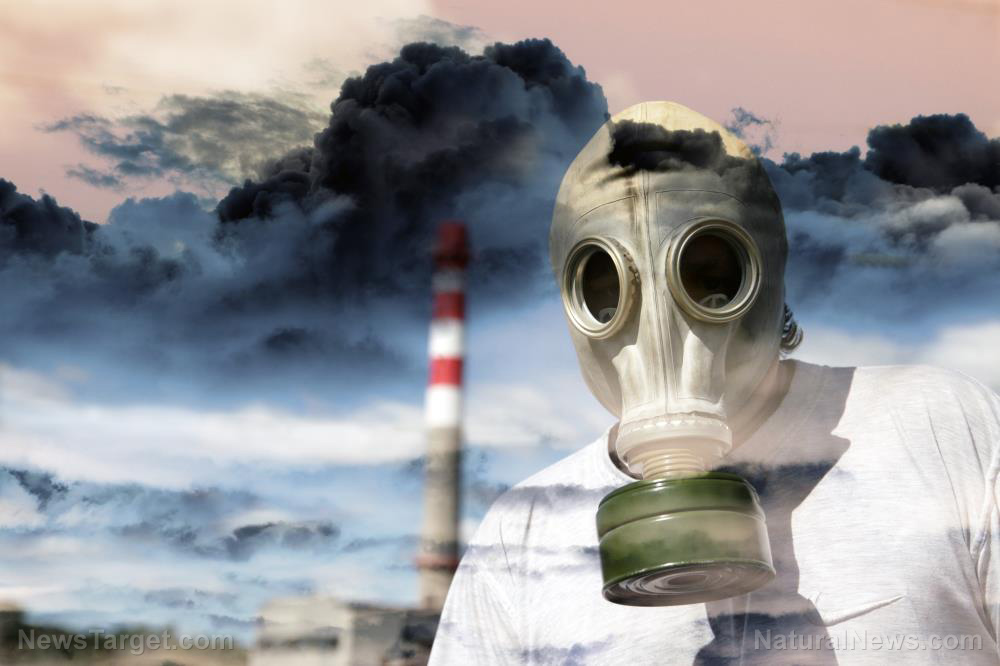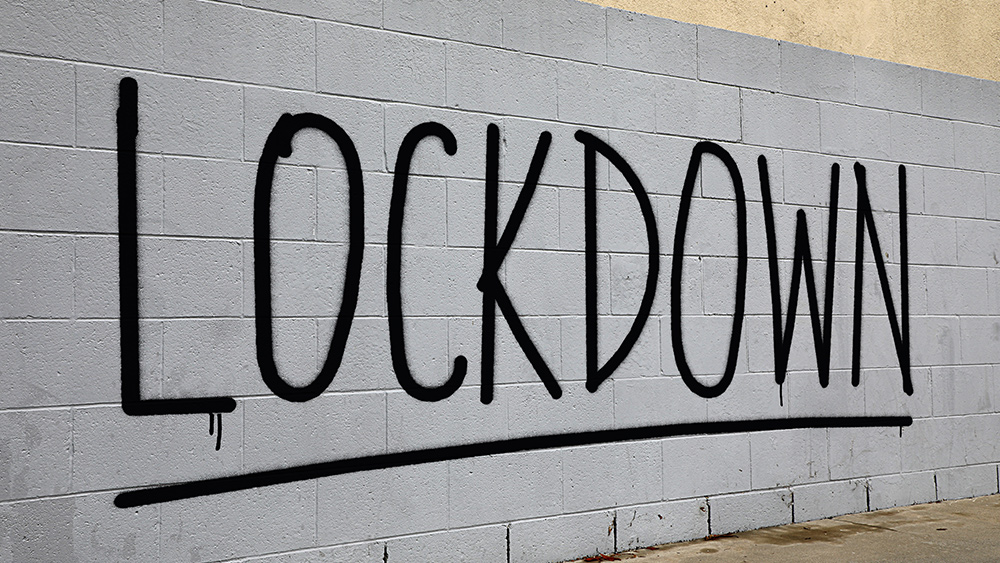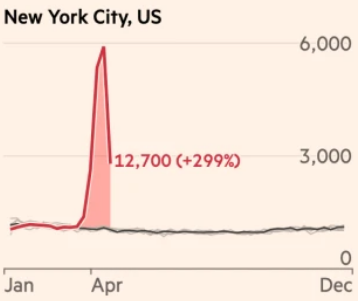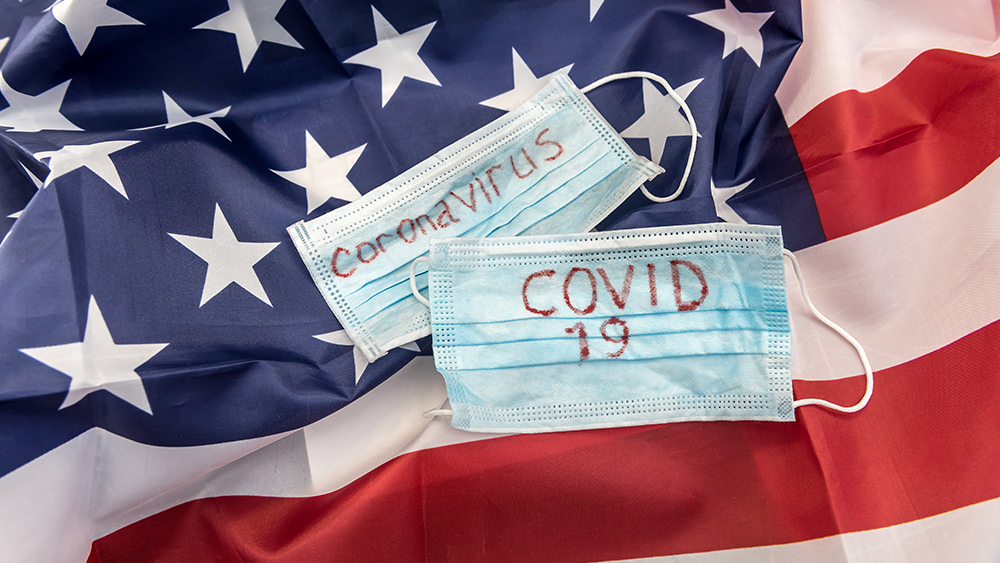Israel is preparing to deal with a looming second wave of the coronavirus
07/13/2020 / By Arsenio Toledo

Israel is now dealing with the second wave of the Wuhan coronavirus (COVID-19). The country’s health experts have warned that if the government of Prime Minister Benjamin Netanyahu does not take drastic action, Israel’s outbreak could spiral out of control soon.
Israel initially had some early successes in fighting against the coronavirus. A sweeping lockdown was imposed, and Netanyahu quickly closed the country’s borders and mandated two-week quarantines for all international travelers entering the nation, including returning Israelis. Their daily new infections peaked in late March and early April at around several hundred new cases per day and were then reduced to the low tens for most of May. Many hospitals even announced their success by closing their coronavirus wards.
However, the country’s situation deteriorated over the past week. New infections have been approaching or exceeding 1,000 a day, and on Monday alone, nearly 800 new COVID-19 cases were reported.
As of press time, the country has 30,749 cases of COVID-19, including 334 deaths.
Speaking to his cabinet, Netanyahu informed them that the country’s number of severely ill coronavirus patients was doubling every four days, and he warned that the increasing number of COVID-19 cases could soon cripple the country’s healthcare systems. (Related: Israel shuts down schools with confirmed coronavirus cases as new infections rise.)
“The virus is spreading and it’s clear as day,” said Netanyahu, urging his government to reimpose lockdown restrictions, especially on indoor activities where the virus can more easily spread.
The surge in cases comes as Netanyahu has been focusing his government’s political capital on the impending annexation of parts of the West Bank. If the Israeli Prime Minister fails to properly allocate his government’s resources to combating the pandemic within their borders, the country’s attitude towards him might start turning sour.
A poll released by Israel’s Channel 12 has already shown public trust in Netanyahu to be eroding quickly. In May, 74 percent of respondents approved of his handling of the COVID-19 outbreak. By July, that number had fallen to just 46 percent.
Listen to this episode of the Health Ranger Report, a podcast by Mike Adams, the Health Ranger, as he talks about the coming global financial freeze and how to prepare for it.
Israel reimposes lockdown measures
Several plans are up in the air over what Israel should do to combat the impending second wave. Benny Gantz, Netanyahu’s former political rival and current Minister of Defense, is pushing for the Israel Defense Forces (IDF) to take full control of managing the country’s COVID-19 outbreak. This would transfer control of managing the pandemic away from a collective of government entities.
While Netanyahu’s government debates on whether to return control of managing the coronavirus back to the IDF, they have gone ahead and reimposed partial lockdowns on parts of the country.
Under the returning lockdown, some public indoor areas such as bars and clubs, gyms, public pools, event halls and other cultural performance venues will be closed. Restaurants may remain open, but their seating capacity will be limited to 20 patrons inside and 30 outside. Attendance at synagogues will also be capped at 19 congregants. Summer camps will be allowed to operate, but only for kids who are between preschool to fourth grade.
Organized sporting events may be allowed to continue, but all of their fans will not be allowed to watch them live. Hotels and other tourist centers may also remain open, but their bars and clubs have to shut down, and capacity at their restaurants will be capped similarly to other restaurants. Bus capacity has also been limited to 20 people, and all of their windows have to remain open for better ventilation. Finally, government offices have been mandated to keep at least 30 percent of their staff working from home.
The Knesset, the Israeli parliament, held marathon deliberations on a series of coronavirus bills overnight on Monday, July 6. It’s still unclear when these new restrictions would take effect.
Epidemiologist Hagai Levine of the Hebrew University of Jerusalem’s Hadassah Braun School of Public Health and Community Medicine said that Israel’s experience in dealing with what comes after lockdown restrictions are lifted should serve as a lesson for the rest of the world.
“You cannot move from one extreme to another, from total lockdown to a quick, sweeping removal of restrictions without proper planning,” said Levine.
Levine recommends focusing Israeli resources on infection epicenters and high-risk populations, and that activities that are most likely to spread the contagion should be halted.
“The coronavirus will be with us for a while. This is a marathon, not a sprint.”
From Washington, D.C. to Jerusalem, the coronavirus seems to be spreading once more. Learn all about the latest coronavirus-related incidents around the world at Pandemic.news.
Sources include:
Tagged Under: Benjamin Netanyahu, Benny Gantz, China, coronavirus, coronavirus second wave, covid-19, Flu, government, Hebrew University of Jerusalem, infections, Israel, outbreak, pandemic, reopening, second wave, superbugs, virus
RECENT NEWS & ARTICLES
COPYRIGHT © 2017 PLAGUE INFO

















